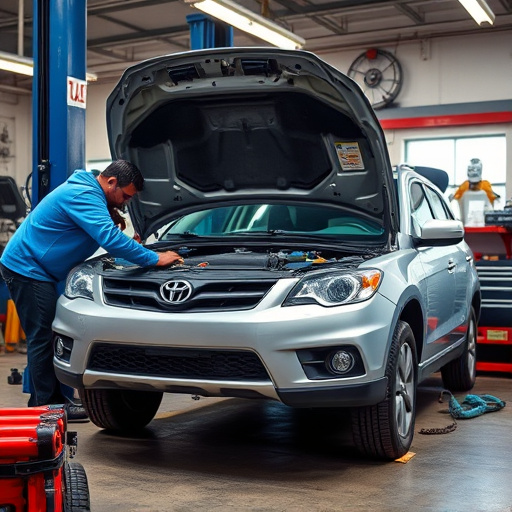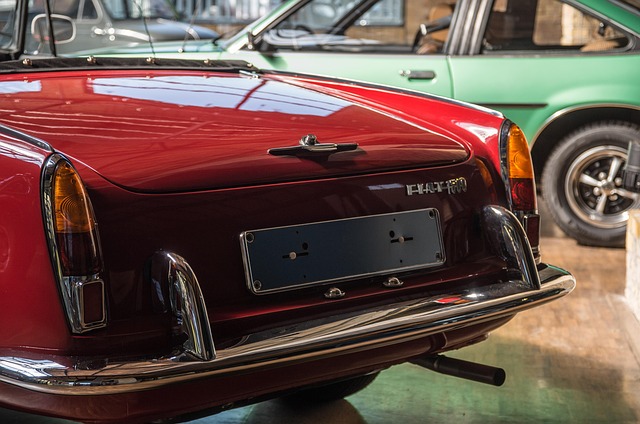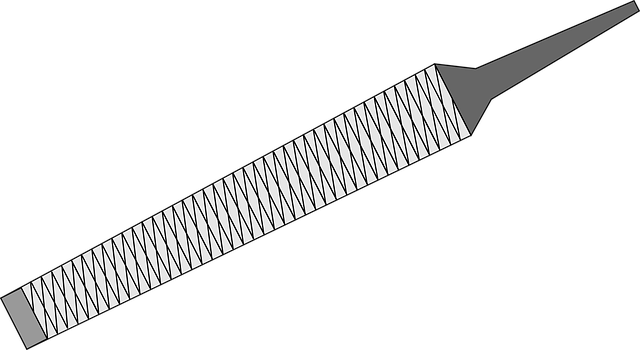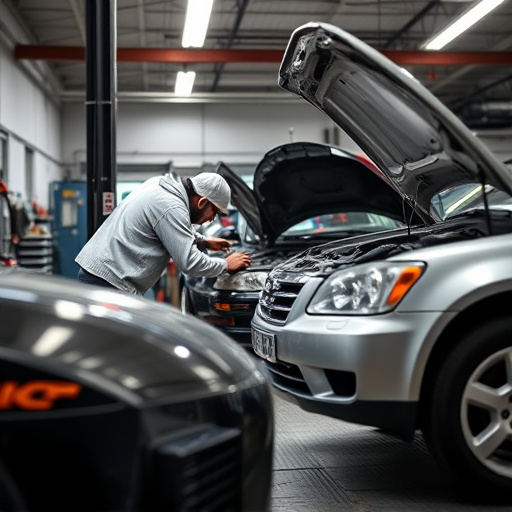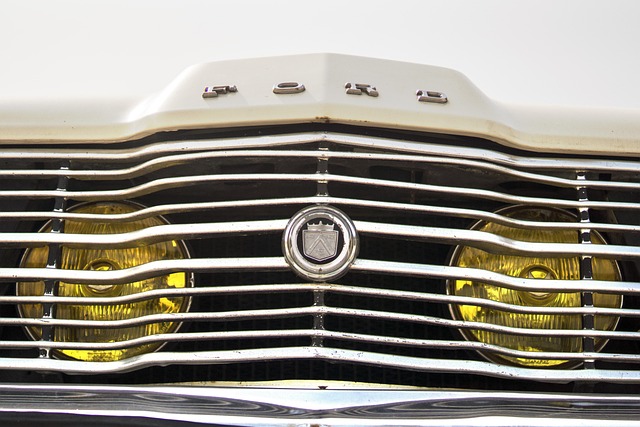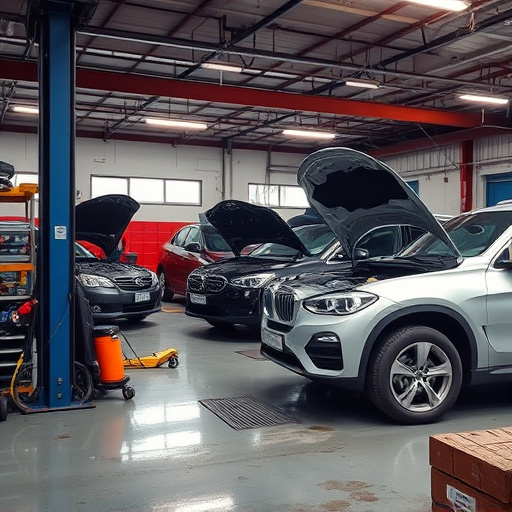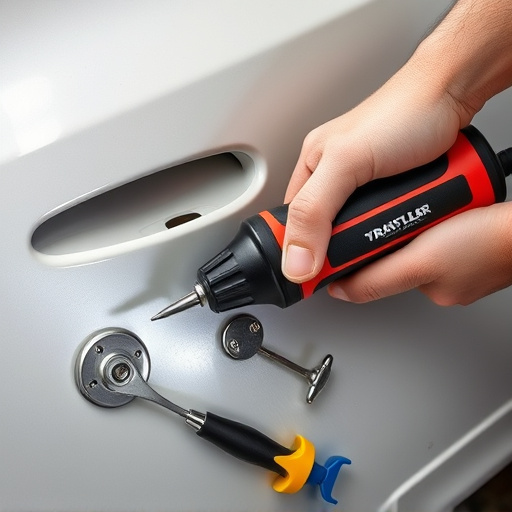Corrosion, a natural process damaging metal structures over time, poses significant risks in critical applications like automotive collision repair. Anti-corrosion materials, including protective coatings and innovative composites, extend material lifespans and are crucial for industries demanding precision, strength, and longevity. Future anti-corrosion materials, such as advanced steel and aluminum coatings, offer superior protection against environmental factors. Composite materials, known for their resistance to corrosion, are ideal for auto body repair and restoration, with advanced treatments further enhancing their durability in diverse weather conditions.
In today’s world, understanding and mitigating corrosion is paramount to ensure the longevity of materials across various industries. This article delves into the realm of anti-corrosion materials, focusing on steel, aluminum, and composite parts. We explore how innovative coatings revolutionize protection for metallic surfaces while examining natural resistance and advanced treatments for composites. By understanding corrosion’s impact, we equip readers with knowledge to select optimal anti-corrosion materials for diverse applications.
- Understanding Corrosion and Its Impact on Materials
- Innovative Anti-Corrosion Coatings for Steel and Aluminum
- Composite Materials: Natural Resistance and Advanced Treatments
Understanding Corrosion and Its Impact on Materials
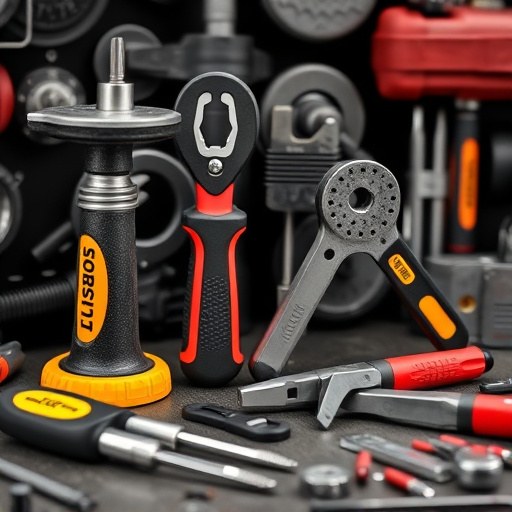
Corrosion is a natural process that occurs when metals interact with substances like moisture and oxygen in the environment. It’s a subtle yet powerful force that can weaken structures, compromising their integrity and durability over time. This phenomenon isn’t just an aesthetic concern; it poses significant structural risks, especially in critical applications such as automotive collision repair (including Mercedes-Benz models). In cases where steel, aluminum, or composite materials are left unprotected, corrosion can lead to severe damage, affecting the overall performance and safety of parts, from fenders to more complex components.
Understanding the impact of corrosion is paramount when selecting appropriate anti-corrosion materials for various applications. By employing protective coatings, treatments, or innovative composite formulations, it’s possible to extend the lifespan of these materials, ensuring they remain robust and reliable, even in challenging environments. These strategies are essential in industries where precision, strength, and longevity are paramount, such as automotive manufacturing and repair, where high-quality repairs, like those for fender damage, rely on anti-corrosion measures to preserve structural integrity.
Innovative Anti-Corrosion Coatings for Steel and Aluminum
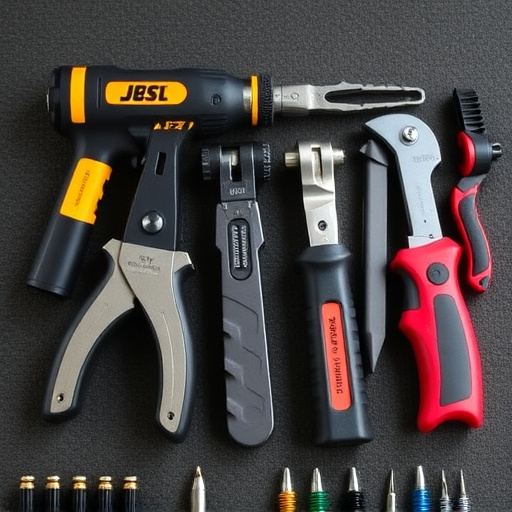
The future of anti-corrosion materials is seeing a surge in innovative coatings for steel and aluminum, revolutionizing the way we protect our vehicles. These cutting-edge solutions offer far more than just surface protection; they provide a durable barrier against harsh environmental conditions, ensuring longevity for everything from modern car bodies to classic car restorations.
By understanding the unique needs of different materials, such as the intricate considerations involved in composite parts, manufacturers are developing specialized coatings that outperform traditional methods. This includes advanced polymer-based formulas that not only resist corrosion but also offer superior adhesion, flexibility, and resistance to extreme temperatures—essential factors for maintaining vehicle bodywork’s integrity over time, even under harsh conditions. These innovations cater not only to the automotive industry but also hold promise for various other sectors where anti-corrosion materials play a critical role in durability and longevity.
Composite Materials: Natural Resistance and Advanced Treatments
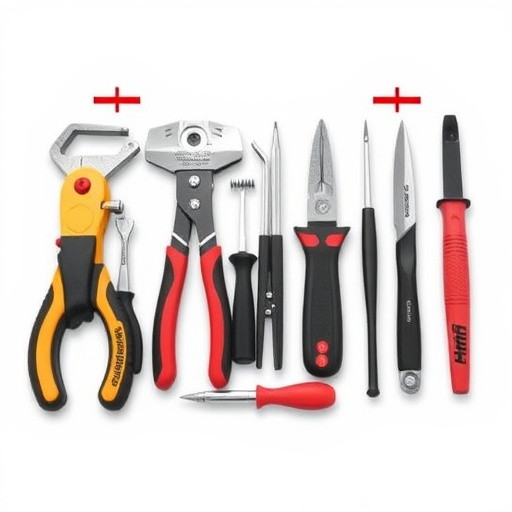
Composite materials, often used in modern automotive applications like auto body repair and vehicle restoration, offer natural resistance to corrosion due to their unique blend of fibers and resins. This inherent property makes them a preferred choice for parts that are exposed to varying weather conditions and humidity levels. For instance, when repairing car scratches or restoring older vehicles, composites can provide a durable solution that withstands corrosion better than traditional metal parts.
Advanced treatments further enhance the anti-corrosion capabilities of composite materials. These include specialized coatings, impregnation with protective resins, and the integration of corrosion-inhibiting additives during manufacturing. Such techniques are particularly valuable in demanding industries where vehicles are subject to harsh environments, ensuring longevity and minimizing maintenance requirements for both automotive and other applications, similar to those seen in car scratch repair scenarios.
In conclusion, selecting appropriate anti-corrosion materials is paramount for protecting steel, aluminum, and composite parts across various industries. By understanding corrosion mechanisms and leveraging innovative coatings and treatments, manufacturers can significantly extend the lifespan of their products, ensuring reliability and reducing maintenance costs. Continuous advancements in anti-corrosion technologies offer promising solutions to meet the growing demand for durable and resilient materials in today’s world.
